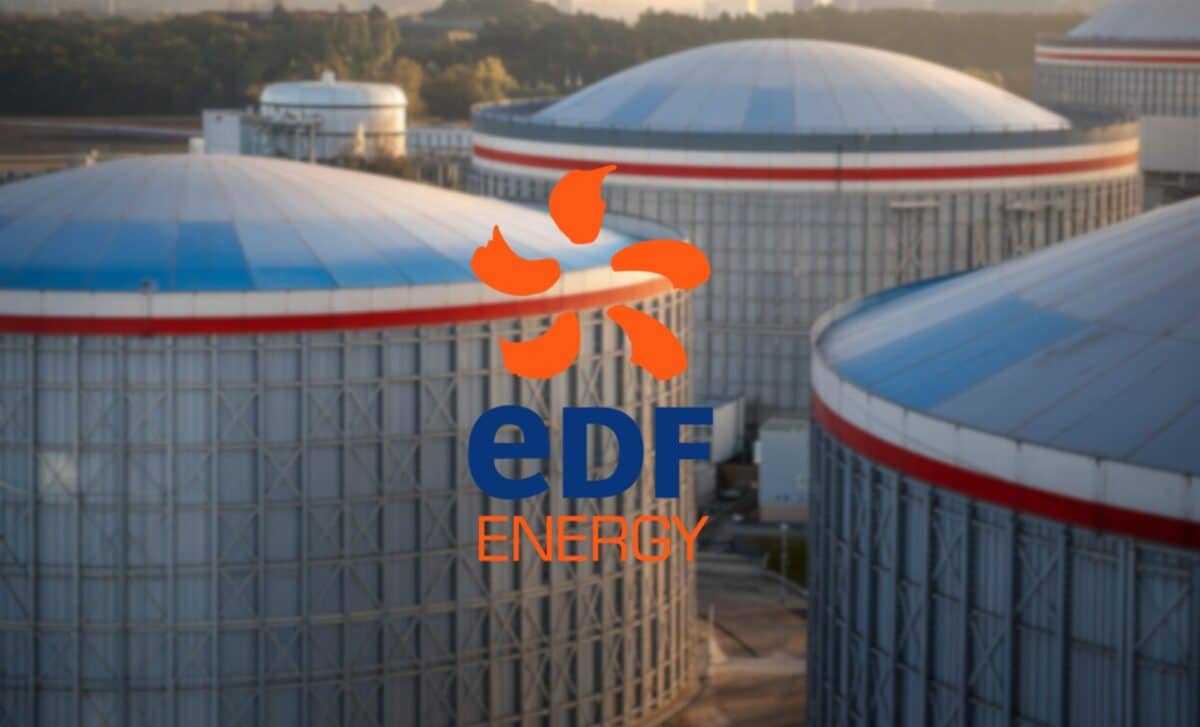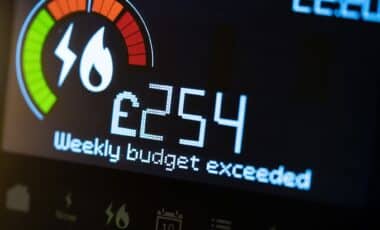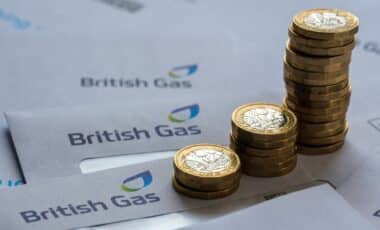Due to Ofgem’s price cap revisions, the average customer’s annual energy prices will increase from £1,717 to £1,738. While acknowledging that the development is “not ideal news” for many people dealing with the cost-of-living problem, EDF has reassured customers that support will be available.
Understanding the Price Cap and Its Implications
The Ofgem price cap sets a maximum unit rate that energy providers can charge for gas and electricity, aiming to protect consumers from excessive costs. While this cap does not guarantee an annual bill of £1,738, it serves as a benchmark for typical usage.
EDF has clarified that actual costs depend on individual consumption and the standing charges applied daily to cover energy supply infrastructure. For customers on prepayment meters, changes in energy prices will take effect following top-ups made after 1 January 2025. EDF has cautioned against altering Direct Debit payments without prior consultation, as this could inadvertently lead to debt accumulation.
This rise, though modest at 1.2%, highlights the cumulative impact of successive price increases since October. Many households are already grappling with tightened budgets, making the marginal rise another strain on finances.
EDF’s Commitment to Customer Support
In response to the price changes, EDF has emphasised its commitment to assisting customers. A spokesperson stated, “Ofgem is changing the energy price cap for customers not on fixed deals. Unfortunately, this means our prices will also change starting 1 January 2025. We know this isn’t ideal news, and we’re here to support you however possible. Please visit our help centre for advice and support on managing bills and payments.”
Customers are therefore encouraged to explore EDF’s help centre for advice on managing bills, setting payment plans, and accessing available energy-saving measures. Dedicated staff are available to provide personalised guidance, ensuring customers receive the support they need during challenging times.
EDF has also stressed the importance of accurate usage assessments, particularly for those on standard variable tariffs, to ensure fair and manageable billing. While the energy supplier has little control over the Ofgem-mandated adjustments, it aims to mitigate their impact through proactive communication and support services.
For those seeking alternatives, fixed-rate tariffs may provide more predictable billing, though such options often come with higher upfront costs. In light of the price cap adjustments, industry experts are urging consumers to evaluate their energy usage patterns and consider steps to reduce consumption where feasible.









